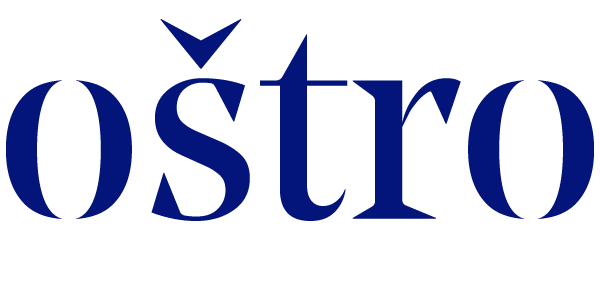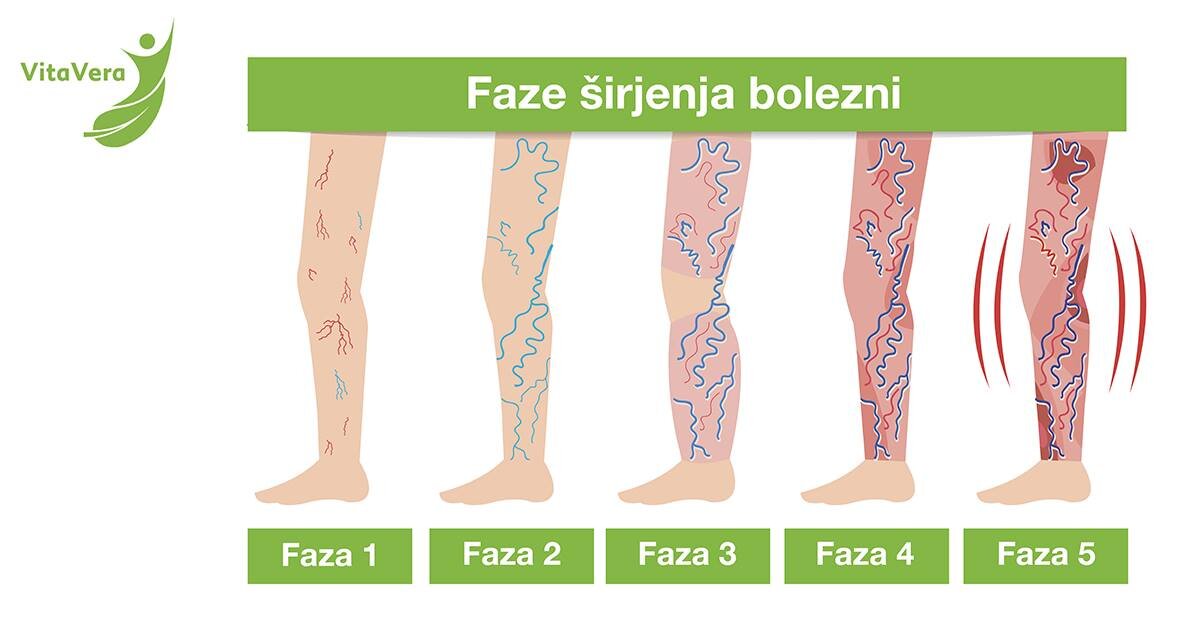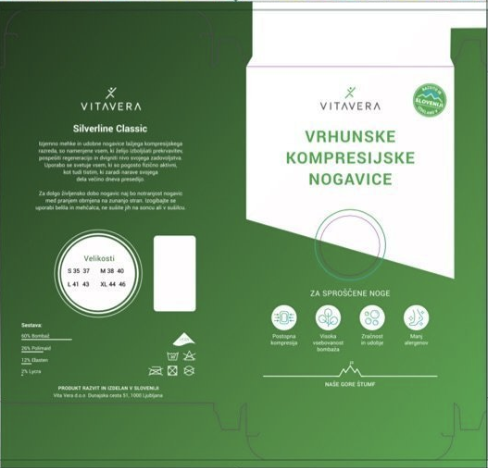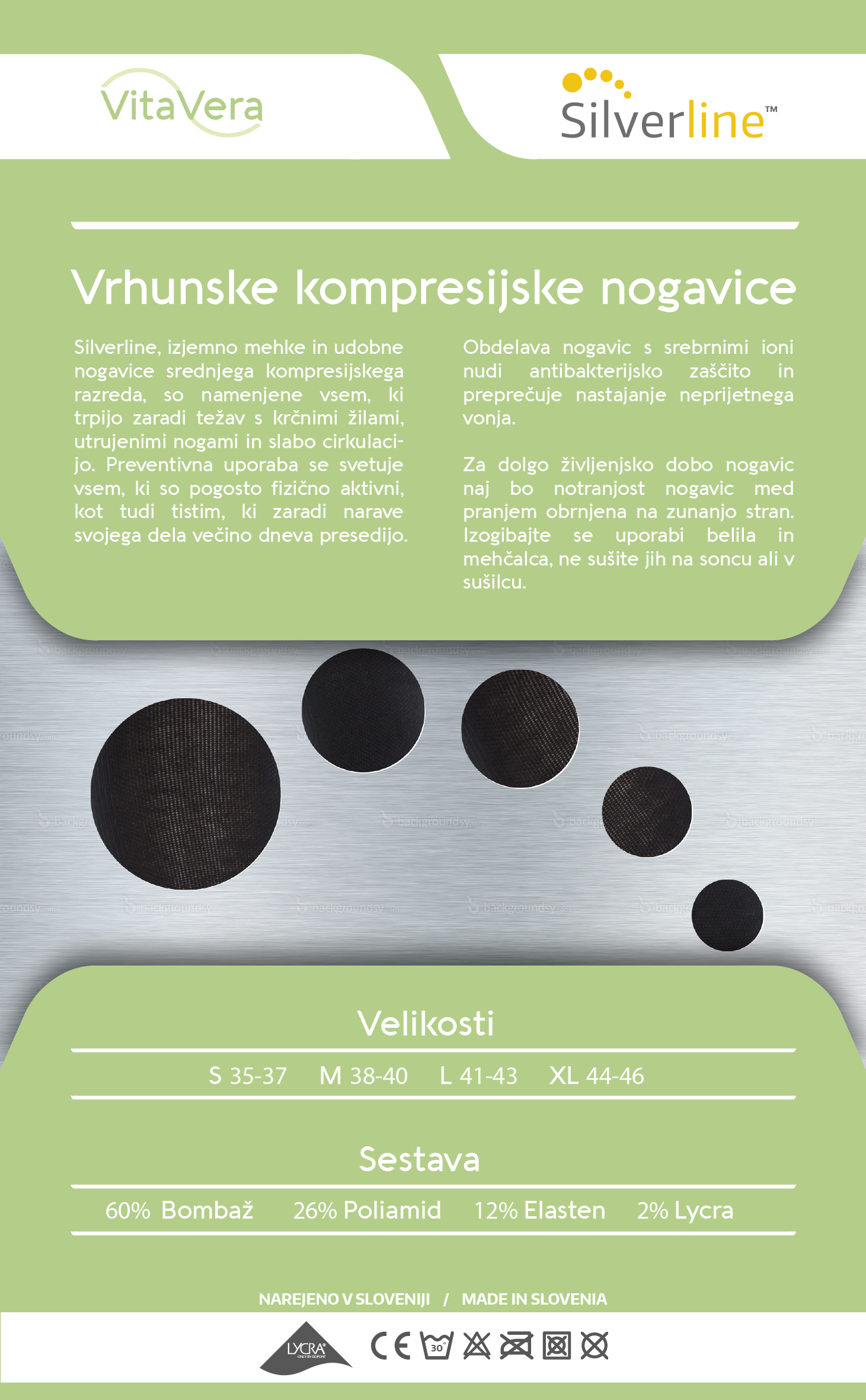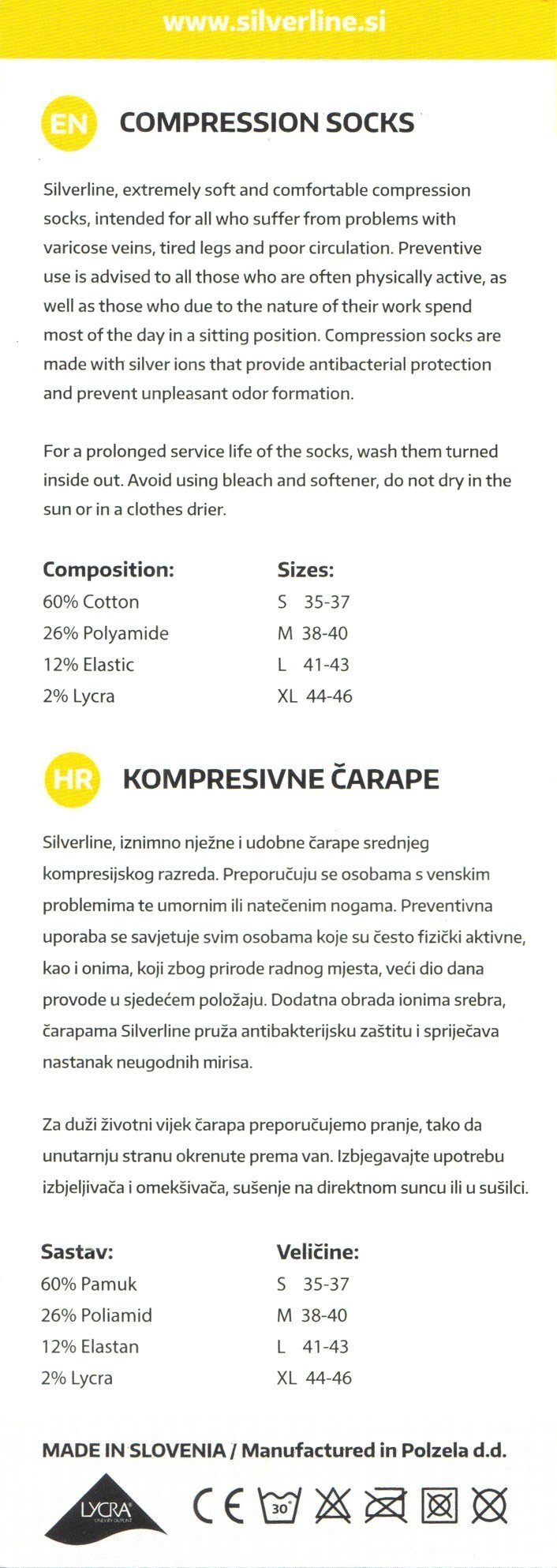Compression Socks in False Disguise Sneak into Stores
Anuška Delić, Maja Čakarić, Klara Škrinjar
—
CE marking is affixed to products within the EU as a safeguard protecting consumers. It indicates that a product complies with regulations and is suitable for use. Even so, compression socks marked with this label but failing to fulfil its requirements have been available on the Slovenian market since 2016. The Agency for Medicinal Products and Medical Devices of the Republic of Slovenia commenced an inspection.
For over two years, the packaging of Silverline knee-high compression socks manufactured by Vita Vera, d. o. o., bore the CE marking, i.e. a manufacturer's declaration that the product complies with the essential requirements of the relevant European health, safety and environmental protection legislations. Before selling a product, a manufacturer first has to prove its conformity with these regulations and only then the CE marking can be attached to it.
The Silverline knee-highs were on sale since 2016 despite not fulfilling these requirements until November 2018, as is clear from the documents acquired by Oštro.si. This was when the manufacturer submitted an application to be entered into the national register of manufacturers of medical devices, whereupon the socks could then also be entered into the register of medical devices. Both registers fall within the competence of the Agency for Medicinal Products and Medical Devices of the Republic of Slovenia (JAZMP).
According to law, a manufacturer must carry out the notification within 15 days from placing the medical device on the market. If the CE marking is unduly affixed to a medical device that does not comply with the law or is against it, the manufacturer could face a fine of EUR15,000 to EUR150,000, whereas the person responsible could be fined from EUR300 to EUR3,000.
JAZMP’s inspection is ongoing
In line with the European regulations, compression socks are classified as a Class I medical device that is non-invasive and poses a low risk to the user. They are available without a prescription.
In order for such a device to be entered into the JAZMP’s register, a declaration of conformity must be provided in which a manufacturer undertakes to keep the technical documentation which demonstrates that the device complies with the requirements of Directive 93/42/EEC. The competent authority, i.e. JAZMP, can obtain access to his documentation only for purposes of an inspection procedure.
JAZMP already commenced the inspection regarding the Silverline compression socks manufactured by Vita Vera. As it is not yet finished, the agency is not disclosing any information. Thus, it was not possible to independently verify when the technical file was prepared. It should be noted that a manufacturer can also assign an earlier than an actual date to the file which the competent authority is unlikely to discover before beginning an inspection procedure.
A part of Vita Vera’s electronic correspondence that is kept at Oštro’s editorial office shows that the company tried to agree on consultancy as regarded drawing up the technical documentation as early as in spring 2018, while it simultaneously discussed commission sale of Silverline knee-highs with the wholesaler Salus. According to information from our source, the actual preparatory work and the making of the technical file did not begin until November 2018.
Mitja Perko, Director of Vita Vera, assured Oštro.si in his exhaustive replies that the technical documentation was already put together in the first half of 2017. And that, in 2018, they amended it to comply with the new European directive that enters into force in May 2020.
He also wrote that he wishes to clarify the actual state of affairs by sharing findings of the inspection procedure. He asserted that the agency established that Vita Vera can continue selling its socks uninterruptedly because allegedly no irregularities were found and it was clear from the initial technical documentation that socks “comply with the standard for compression hosiery”.
We explained that the inspection procedure is ongoing and that his statement could not be true, to which he replied that he stated interim findings and that the agency imposed on Vita Vera “a deadline to end some other minor infringements and that until this deadline expires, JAZMP cannot issue the final decision on everything it inspected”.
“Rems Odar from SIQ sent an unambiguously clear message to Vita Vera’s representative in February 2017: Compression socks are a Class I medical device.”
We presented Perko’s replies to JAZMP and asked them to comment. They reiterated that the inspection is ongoing. As they have not yet issued a decision, the disclosure of information before the procedure is completed could threaten its implementation. Until then, they can still acquire new information, facts and evidence.
They added, however, that the legal entity which is the subject of the procedure “has the right to disclose any information it might have to the public”.
Consultation
Among Vita Vera’s documents that Oštro.si obtained is also a consultancy offer by Timian, Marjetka Kralj Kunčič, s. p., for “preparing the technical documentation for medical devices from the group Compression socks” dated 6 April 2018. According to Kralj Kunčič’s assurances to Oštro.si, the offer was never carried out.
As she explained, after submitting the offer, she did not hear from Vita Vera for a while and then the company again contacted her in November. She said that, this second time, she did not provide consultancy services for preparing the technical documentation but did not reveal what kind of services she did offer. Vita Vera’s representative told her that the socks with the CE marking are already being sold on the market.
Kralj Kunčič is also an auditor and advisor for medical devices at the Slovenian Institute of Quality and Metrology (SIQ), as stated on the organisation’s website. SIQ is the national notified body in the field of medical devices. It is only responsible for determining the compliance of devices that belong to higher classes and entail a higher risk, which excludes compression socks.
In February 2017, Vita Vera’s representative contacted SIQ. He discussed compression socks with Vesna Rems Odar from the department for certification of medical devices. In an e-mail, she summarized their meeting with: “Compression socks are a Class I medical device.”
This means that Vita Vera’s representatives have been aware of the information provided by professionals, namely that compression socks are definitely classified as medical devices, also according to European regulations.
We asked SIQ if Vita Vera’s representative told them that their socks are already affixed with the CE marking and are being sold on the market but we still waiting for their reply. We will publish it once we receive it.
Sale with a touch of miracle
The Silverline socks have been on sale since 2016, first on-line and later in pharmacies. In January 2018, as can be gathered from Vita Vera’s website archives, the company also started to sell the Silverline classic socks. The socks that are today officially entered into the register of medical devices are called Silverline classic.
Before the socks were entered into the register, the manufacturer promoted their sale with various slogans referring to tired and swollen legs or varicose veins, as well as claims about specific health effects.
In November 2016, the month of diabetes, the company informed its Facebook fans that this disease also affects the legs: “Silverline’s micro-circulation system promotes healthy limbs.”
In February 2017, it made promises that “with the help of Slovenian innovation, we can relieve the symptoms of venous weakness and tired legs”. In the same month, they provided another, seemingly pseudo-scientific advice: “Anyone can experience the build-up of fluid in their lower legs! A quick test: press your finger against your shin bone for a few seconds. Can you see the marks made by your fingers? Quickly dial 080 30 25!”
Vita Vera's Facebook add from 1 June 2016. Source: facebook.com/vitaveraslovenija
Concerned buyers
A year later, in February 2018, Vita Vera’s documents show that the company discussed a commission sale with Salus, a wholesale distributor for medical devices and medicines.
In autumn, however, things did not go according to plan. On 23 November 2018, head of sales at Salus informed Vita Vera’s representative that, despite his promises, he did not send his co-workers’ clarifications as agreed in the meeting two weeks prior. Her concern due to possible non-compliance is evident from the e-mail.
“We ask you to provide in writing the information about your decision how to proceed in the future, how to supply adequate and accurate information to our buyers who are asking us if your products are suitable for re-selling or should be returned.” She added that Vita Vera’s stock in the Salus’ warehouse is blocked for sale as agreed at the meeting.
Salus replied to our questions regarding the above e-mail that, in the case of Vita Vera’s Silverline compression socks, they received the information that “the goods were classified as a commonly used product”. When they received the information on possible non-compliance, the sale of socks was “preventively blocked”. But when the company sent them the declaration of conformity, the socks were again available for sale.
According to JAZMP’s data, on 14 November 2018 Vita Vera submitted an application for the company to be entered in the register of manufacturers of medical devices and the socks into the register of medical devices. But only five days later, the legal representative of the company asserted in a letter to one of his former colleagues that this was definitely not a medical device but a commonly used product.
If this were true, compression socks would not be classified as a medical device and would not have to be entered into the JAZMP’s register. But this contravenes the applicable European directive which definitely defines this type of socks as a medical device.
As stated by our source closely associated with Vita Vera, the company received enquiries from at least two Slovenian pharmacies in the first ten days of November 2018 if the Silverline compression socks were truly compliant with the regulations.
This coincided in time with the meeting of the company’s representatives at Salus which took place on 9 November as stated by the head of sales in the above e-mail. When this “commonly used product” was entered into the register five days later – more than two years after the Silverline socks started being sold – it also officially became a medical device.
Director: buyers do not report health issues
Compression socks are supposed to improve blood circulation, alleviate tired and swollen legs, and relieve discomfort caused by varicose veins. Many patients are advised to buy them by their doctors.
We asked the head of the Department of Dermatovenereology at the University Medical Centre Ljubljana (UKC Ljubljana), Tanja Planinšek Ručigaj, if the clinic has any experience with Vita Vera’s Silverline compression socks and if they recommend them to their patients. Through UKC Ljubljana’s public relations office, we received her clarification that they know the manufacturer but that “they neither have experience with this company’s products, nor they recommend these (or any other) socks”.
“The patients should choose among manufacturers who do the measurements and adjust the socks accordingly, which is the most important.”
They do not recommend compression socks like Silverline’s mostly because patients need a different type of socks. The doctors advise their patients that “they should choose among manufacturers who do the measurements and adjust the socks accordingly, which is the most important”. (Vita Vera’s socks are only available in basic sizes S, M, L and XL.)
To the question if the sale of compression socks with a false CE marking could be problematic for the user of such a medical device, Planinšek Ručigaj replied that she does not know “if and what issues did or could arise” in this case.
In line with the law, a medical device manufacturer should appoint a person who is responsible for traceability and have an established vigilance system, i.e. a system that enables the device to be traced from the manufacturer to the patient and back, so that the former can eliminate any possible issues occurring during use.
Vita Vera’s director assured Oštro.si that the company never received any complaints or “reports regarding health issues”. We wanted to know how the company ensured traceability before it was entered into the register of manufacturers.
“Since its establishment, the company has two phone numbers dedicated to questions and possible complaints of clients. Buyers primarily call because they want to change the size, colour or model. To date, we did not detect any issues from a medical viewpoint because these are high-quality compression socks intended to alleviate the condition, which is also demonstrated in the technical documentation that we had before the certification.”
Silence on the CE marking
We asked Mitja Perko, director and owner of Vita Vera, three times why the company has been selling the socks affixed with the CE marking for two years even though they were not fulfilling the legal requirements. Perko thoroughly clarified other aspects of the issue, but skirted around a direct reply to this question every time.
His statements also included that he knows the reason behind our questions, namely two former employees who supposedly committed criminal offences and incurred damage to the company. When we asked him if he filed a criminal complaint against them, we did not receive a reply.
It is therefore not clear what Perko’s intentions were regarding his company selling a medical device – as everything points to – with a false CE marking.
All EU countries are regularly dealing with falsely CE-marked products. A large group of controversial products comprises those produced in China and bearing the CE marking which, however, does not indicate conformity with European regulations but rather stands for “Chinese Export”. The graphic design of the two labels is in fact very similar. And the products the competent authorities classify into the second group display the CE marking without fulfilling the pertaining legal requirements.
In 2016, TÜV Rheinland, a notified body in charge of certifying medicinal devices in Germany, explored in an article on its website why manufacturers lie about CE marking and affix it to products that do not comply with the relevant regulations.
The main reason cited was that the competent national authorities rarely verify the technical documentation of medical device manufacturers. This was followed by the lack of expert regulatory staff or training, the lack of test equipment and testing facilities and rushing to put a product on the market.
In 2016, TÜV Rheinland, a notified body in charge of certifying medicinal devices in Germany, explored in an article on its website why manufacturers lie about CE marking and affix it to products that do not comply with the relevant regulations.
The CE marking on the left, the Chinese Export label on the right. Source: European Parliament
The main reason cited was that the competent national authorities rarely verify the technical documentation of medical device manufacturers. This was followed by the lack of expert regulatory staff or training, the lack of test equipment and testing facilities and rushing to put a product on the market.
“These falsely “CE Marked” products are coming from all over the world, including Western Europe, where there is a long history of designing to Product Safety Standards. Why? Because without market surveillance, some manufacturers will cut corners. This makes it difficult for the many responsible manufacturers who actually know how to design and produce a safe product.”
It’s a manufacturer’s responsibility
We asked JAZMP how come that Vita Vera company could be entered into the register as a manufacturer of medical devices along with its Silverline socks if these were already sold on the market, most probably with a false CE marking.
They explained that they started the inspection procedure as soon as they received a report on suspected irregularities: “If Vita Vera, d. o. o., was not registered as the manufacturer of medical devices, JAZMP could not have known that the Silverline compression socks were available on the market.”
Following additional questions whether they could guarantee the safety of Silverline compression socks, also the ones what were sold prior to November 2018, the agency again explained what its competences were and added that, alongside the inspection procedure, it can also carry out an infringement procedure according to Minor Offences Act.
JAZMP could file a criminal complaint with the police only if, during the inspection, it would uncover reasons to suspect that the legal entity committed a criminal offence. “We stress again that the manufacturer is the one responsible for the compliance of a Class I medical device, such as the compression socks Silverline.”
In the beginning of November 2018, right before submitting the application to be entered into the JAZMP’s register, Vita Vera had a new packaging made for the Silverline classic socks – without the CE marking. From the documents available to Oštro.si it is not clear what was intended with the unmarked packaging. We asked Perko about it, but he no longer replied.
A dark green packing for the socks was, according to our data, printed in November 2018, without the CE marking, while the other two packagings were in use before the company and the socks were entered into the register. They were both CE-marked. Source: Oštro.si
The content of Oštro.si portal is co-financed by the Ministry of Culture of the Republic of Slovenia.
